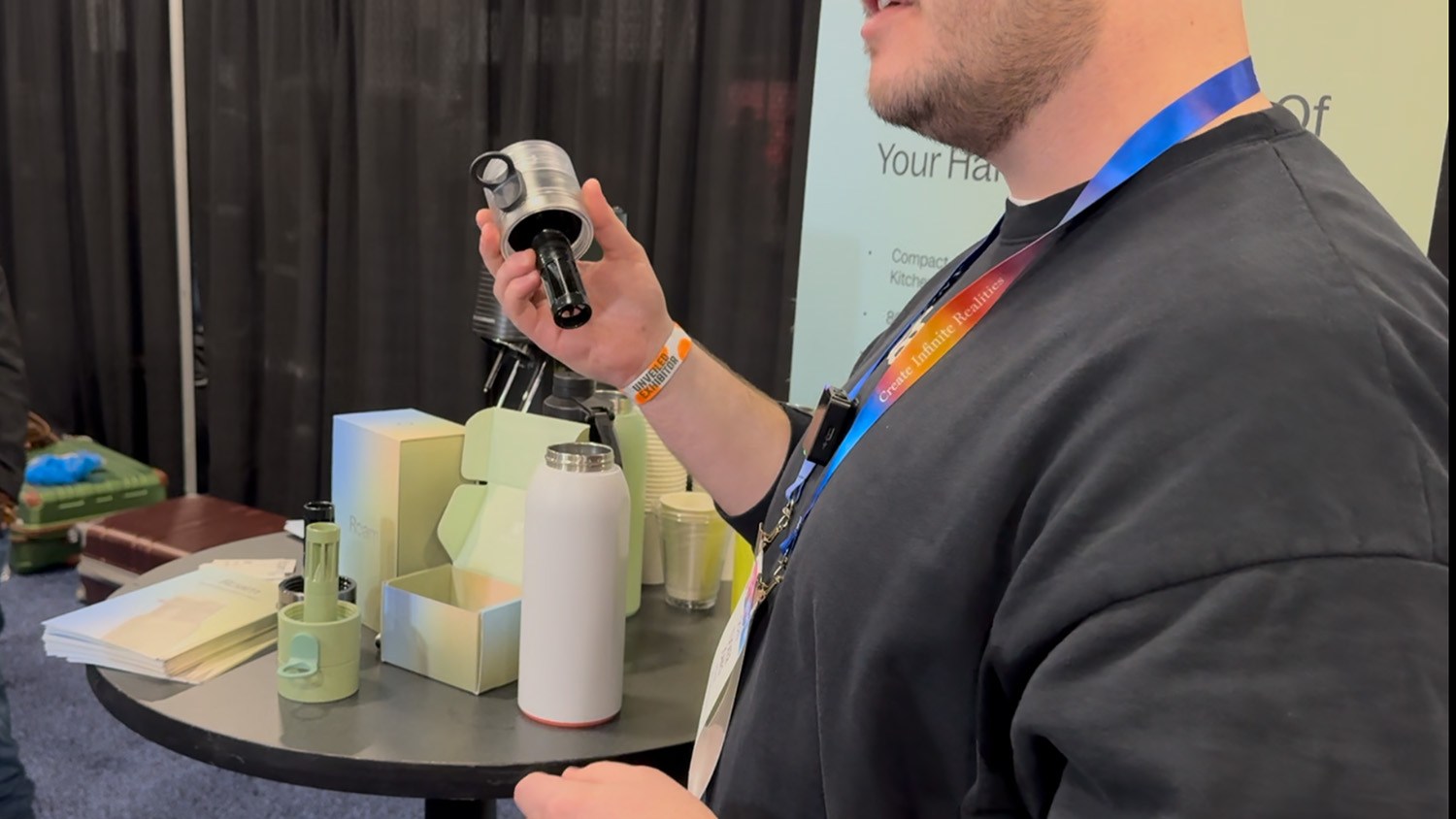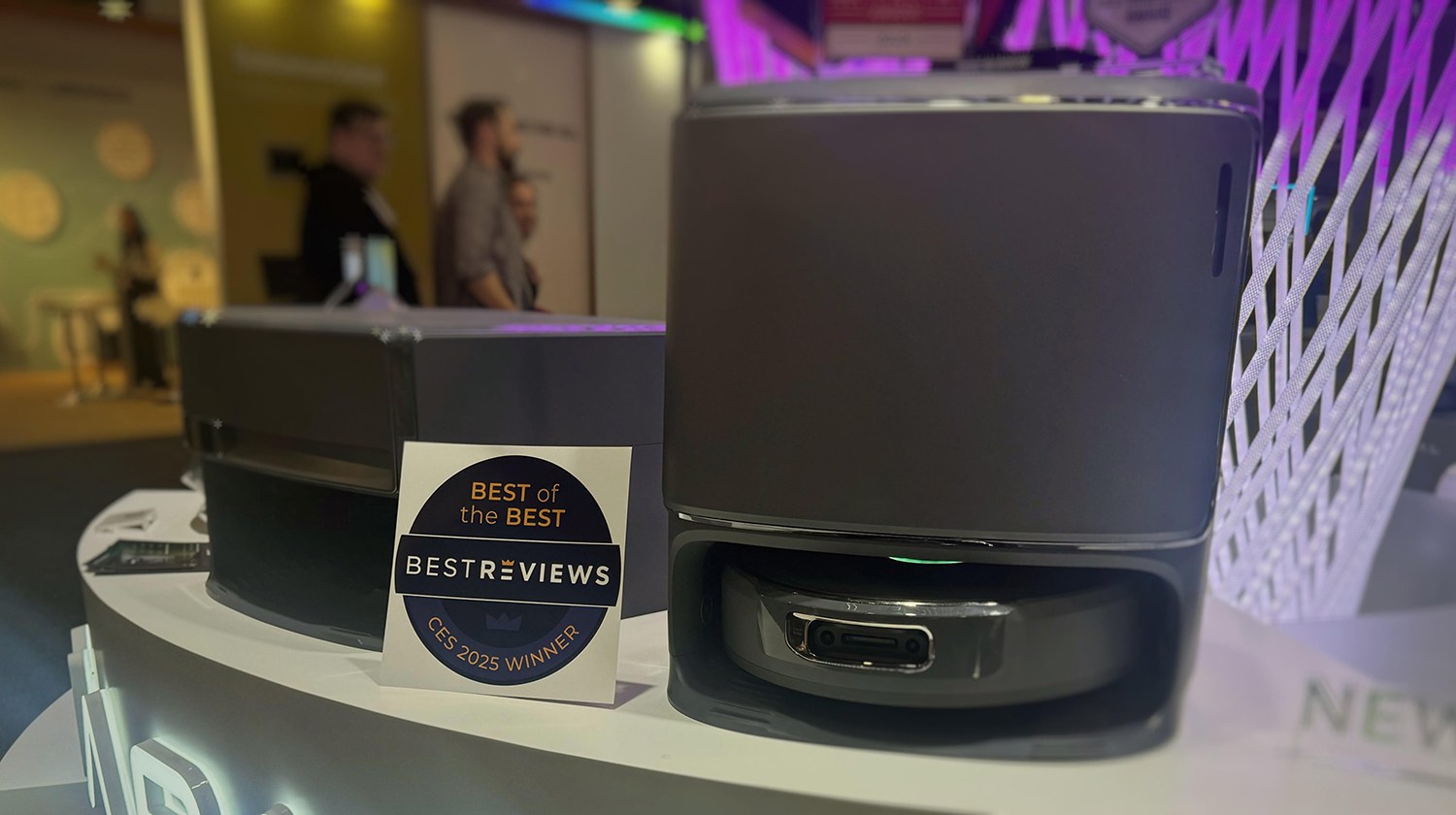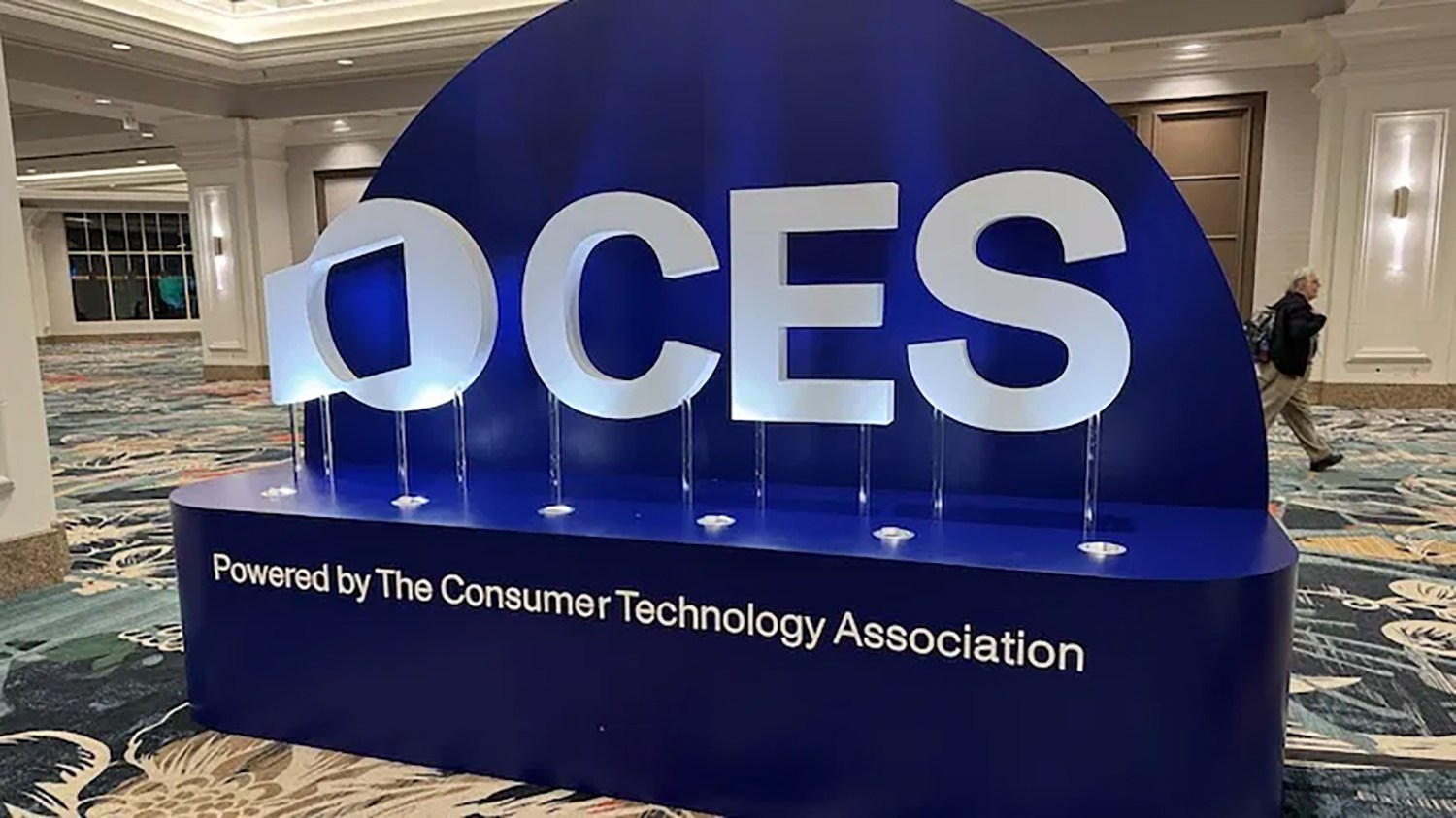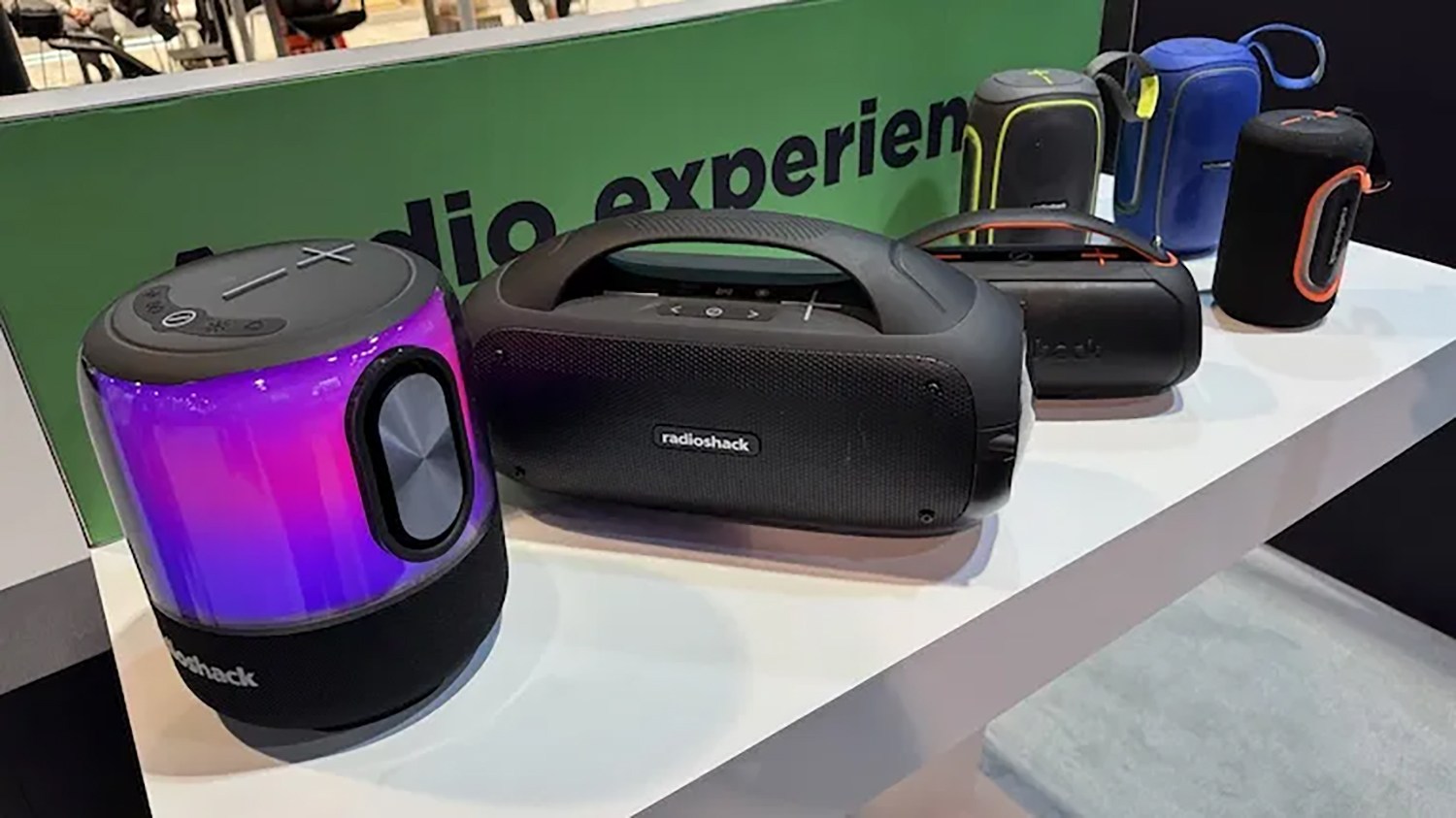RICHMOND, Va. (WRIC)-Governor Glenn Youngkin is amending a controversial bill that could lift a partial ban on facial recognition technology in Virginia.
Supporters say it’s an important tool for police to pursue justice. Opponents call it “invasive” and “authoritarian.”
With hours remaining before an action deadline on Monday, Youngkin released three proposed amendments “strengthening” the bill.
“The amendments require additional training and establish the Virginia State Police as a resource for local law enforcement who need to utilize the technology,” Youngkin’s press release said.
Senator Scott Surovell (D-Fairfax), who sponsored the bill, called Youngkin’s changes “minor.”
Surovell said, if passed as amended, local and campus police departments will once again be able to use facial recognition technology in certain circumstances. He clarified that Youngkin’s amendments direct Virginia State Police to establish protocols for collaboration guided by model policies but they don’t require their involvement.
Youngkin’s office didn’t immediately respond when asked to elaborate on the proposed changes in a phone call but an aide confirmed the suggestions came from a recent roundtable on facial recognition technology.
“We engaged stakeholders on important issues in community safety and provided a commonsense path forward on facial recognition technology for law enforcement without compromising individual freedoms,” Youngkin said in a statement.
The General Assembly will need to accept the changes in a session scheduled for April 27. The bill split members of both political parties and created unlikely alliances during the regular session.
If passed, the bill will scrap a partial ban that state lawmakers approved just last year.
Surovell said the current prohibition on facial recognition technology applies to campus and local police departments. He said it doesn’t apply to Virginia State Police, State Capitol Police or private police like those employed by airport authorities.
Surovell said nothing in the current law stops police departments from bypassing the ban by asking VSP to run a search for them.
“Existing policy is not very well thought out. It contained a lot of holes and it wasn’t exactly what we thought we were voting for,” Surovell said.
For the first time, Surovell said his bill could set transparency requirements, clear penalties for misusing the technology and accuracy standards. He said it also lays out specific circumstances in which the technology can and cannot be used.
Asked why he didn’t support expanding the ban, instead of setting up safeguards that some argue are insufficient, Surovell said, “I don’t think a ban is necessarily a smart thing to do. I don’t know why we would prohibit law enforcement from using technology that accesses publicly available information and makes it usable for them. The bill explicitly prohibits surveillance and monitoring or any type of live use of the technology.”
Surovell said the bill authorizes the use of the technology in 12 circumstances, including while investigating a specific criminal incident, locating a specific witness, aiding an AMBER Alert, identifying someone in a coma and investigating child pornography.
In a letter to lawmakers last month, several advocacy groups, including the ACLU of Virginia, said these technologies are disproportionately used in Black and Brown communities and are “more inaccurate in identifying Black and Brown people.”
“When used by police in criminal investigations, facial recognition technology can, and has, led to wrongful arrests and civil rights violations,” the letter said. “Facial recognition software is an inherently authoritarian software that makes all of us less safe and less free.”
Surovell called those concerns “misplaced” since the bill explicitly prohibits facial recognition technology from being used as the basis for a search or arrest warrant. He said police will have to corroborate results in an independent investigation.
Regardless, Senator Bryce Reeves (R-Spotsylvania), who used to work in law enforcement, fears the bill was rushed and could be abused by officers.
“Ninety-nine percent of law enforcement are ethical, law-abiding, morally-straight people…But do I think there’s opportunities for abuse? Absolutely,” Reeves said. “I’ve heard from several colleagues on the condition of anonymity that they think the same.”
Reeves said police should be required to obtain a search warrant to use facial recognition technology in the first place, an idea Surovell called “clunky” and “unworkable.”
“In this case, the losers are Virginians because I think this is a very strong encroachment on your individual liberties,” Reeves said.
Fairfax County Police Department Detective Brian Takagi thinks the safeguards in the bill are important to prevent abuse. He also thinks the technology is misunderstood by the public.
Takagi said the department started using it in 2019 before the ban took effect. He said they had success in hundreds of cases, including bank robberies and a sexual assault investigations that had gone cold.
“Typically these are the cases where there are no more leads for that detective. They’re kind of at the end of their investigation and this just opens it back up,” Takagi said. “Once that ban went into effect, it dramatically affected our ability to identify offenders in cases.”
Takagi said they previously pulled images from their mug shot system, as well as still photos from home and commercial cameras obtained for a specific investigation. Surovell said his bill would allow police to request help from a handful of companies that meet certain accuracy standards and search databases that obtain images from a range of sources, including social media.
Takagi said he would often spend between two to four hours manually comparing images after their system generated a match. Then an officer would conduct an investigation based on that lead with the understanding that the images didn’t give them probable cause, according to Takagi.
“So the great fear is the computer is doing all the work and we’re relying solely on the computer, but there is always a person behind it,” Takagi said.










































































































